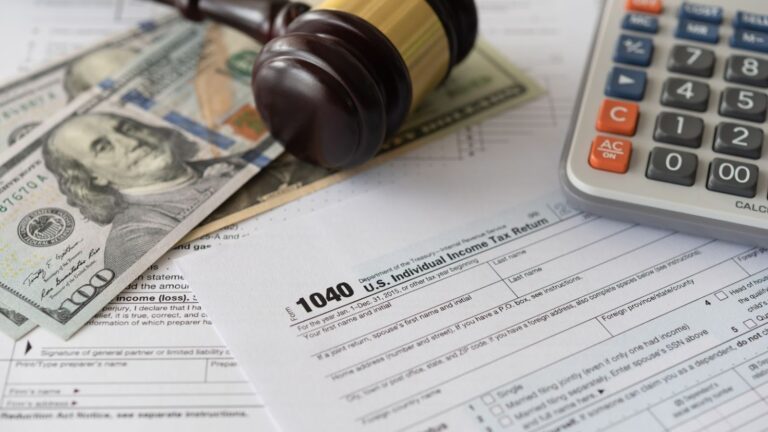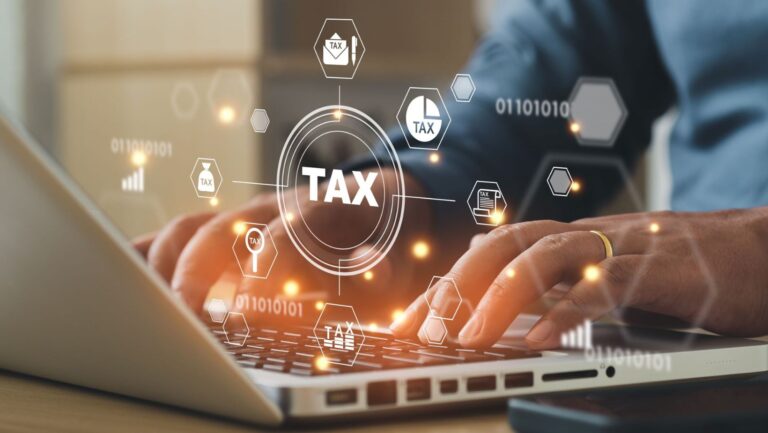Paying excise taxes can be a confusing and complicated process, but it is important to make sure that you are correctly collecting and paying these taxes in order to avoid any penalties or interest charges.
In this article, we will provide some tips on how to collect and pay excise taxes correctly.
What excise taxes are and how they’re collected
Excise taxes are taxes that are levied on the sale of certain goods and services. These taxes are typically imposed on items that are considered to be luxury items, such as alcohol and tobacco products. In most cases, excise taxes are included in the price of the goods or services that they are imposed on. For example, if you purchase a pack of cigarettes, the excise tax will be included in the price.
In some cases, however, excise taxes may be imposed on goods or services that are not subject to sales tax. This means that the tax must be paid separately from the purchase price of the item. Excise taxes are typically collected by the seller of the goods or services, and then remitted to the government.
How to correctly pay excise taxes
There are a few different ways that you can pay excise taxes, depending on the type of product or service that you are purchasing. If you are purchasing a product that is subject to excise tax, the tax will typically be included in the price. This means that you do not need to take any additional steps to pay the tax.
If you are purchasing a service that is subject to excise tax, you may be required to pay the tax directly to the provider of the service. For example, if you are getting your car serviced and the service provider charges an excise tax, you will need to pay the tax directly to them. It is important to note that in some cases, you may be required to file a return and remit the excise tax to the government yourself. This is typically the case for businesses that are selling products or services that are subject to excise tax.
Who is responsible for paying excise taxes
In most cases, the responsibility for paying excise taxes falls on the seller of the goods or services. This means that if you are purchasing a product that is subject to excise tax, the tax will typically be included in the price. If you are purchasing a service that is subject to excise tax, the provider of the service will usually be responsible for collecting and remitting the tax.
However, there are some cases where the responsibility for paying excise taxes falls on the buyer of the goods or services. This is typically the case for businesses that are selling products or services that are subject to excise tax. In these cases, you will usually be required to file a return and remit
how is an excise tax different from a sales tax
Excise taxes and sales taxes are both types of taxes that are levied on the sale of goods and services. However, there are some key differences between the two types of taxes. Sales tax is typically imposed on all sales of goods and services, regardless of the type of product or service being sold.
In most cases, sales tax is included in the price of the goods or services that are being purchased. Excise taxes, on the other hand, are typically only imposed on certain types of goods and services, such as alcohol and tobacco products. In most cases, excise taxes are included in the price of the goods or services that they are imposed on.
Penalties for not paying excise taxes correctly
If you do not pay excise taxes correctly, you may be subject to penalties. These penalties can vary depending on the country or jurisdiction that you are in. In some cases, you may be required to pay interest on the unpaid taxes. In other cases, you may be subject to criminal penalties, such as imprisonment.
It is important to note that excise taxes are typically imposed on businesses, rather than individual consumers. This means that if you are an individual consumer and you do not pay the excise tax correctly, you will not be subject to the same penalties as a business.




